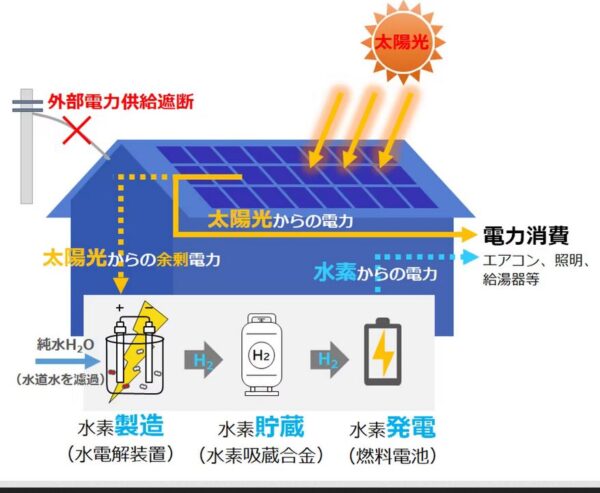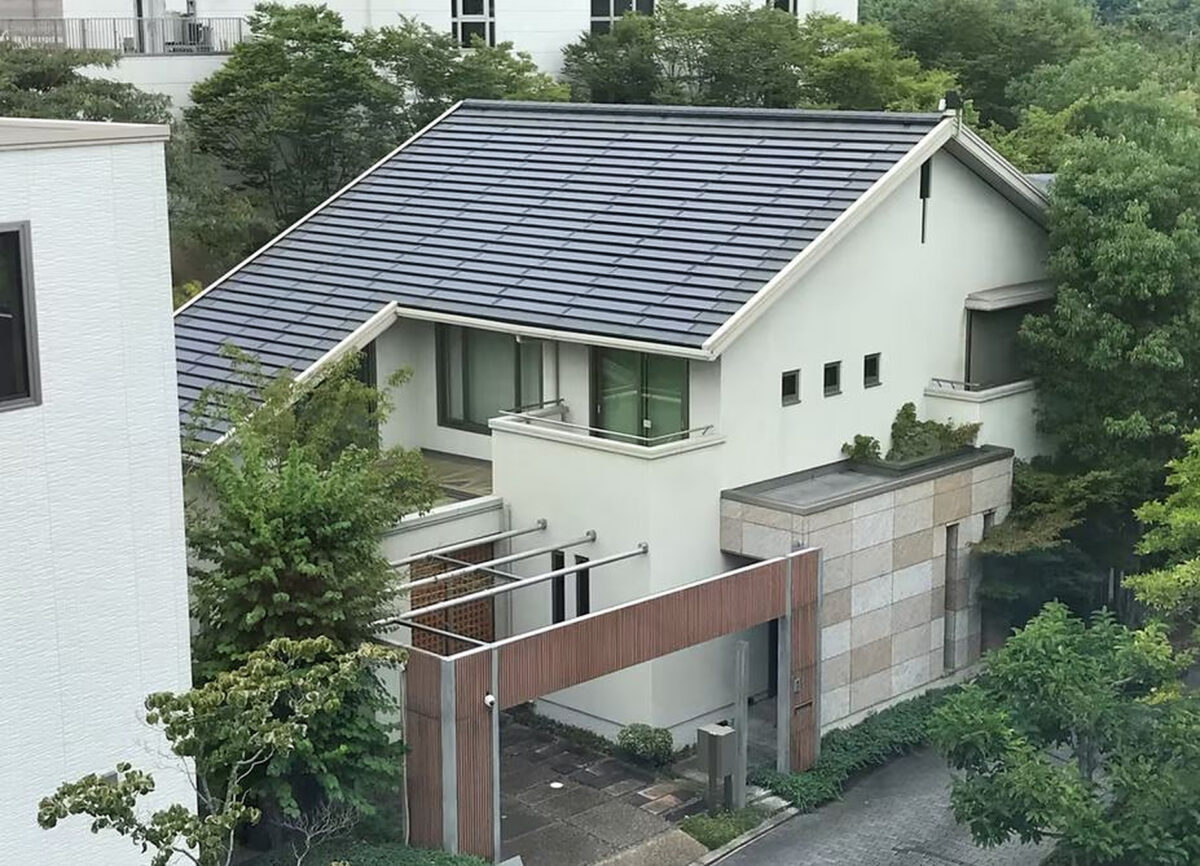
Scientists from LUT University in Finland and the Regensburg University of Applied Sciences in Germany have recently studied whether seasonal hydrogen storage (SHS) can be a cost-effective solution for maximizing solar self-consumption in the coming decades.
The team conducted a global analysis across 145 regions from 2020 until 2050 in five-year increments under a “least-cost” model. They simulated a residential rooftop PV system with SHS using the software LUT-Prosume. The analysis included detailed projections for SHS system component costs obtained from various sources. The SHS components included a water electrolyzer, hydrogen compressor, storage tank, and fuel cell.
In January, a Dutch consortium led by the Delft University of Technology (TU Delft) and the social housing organization Woningcorporaties, connected an existing residential building located at TU Delft's campus to an underground hydrogen network that is now meeting all demand for space heating and hot water.
The results show that SHS can only be expected in a niche off-grid market, in regions limited to North America, Northern Europe, and Northwest Eurasia. Lebanon, Kuwait, Bahrain, and Qatar could also see small amounts of SHS capacity, according to the study.
Furthermore, a recent study conducted by scientists from German research center Forschungszentrum Jülich GmbH has proposed an optimization model to integrate solar power generation from rooftop PV arrays with hybrid hydrogen storage in a self-sufficient, well insulated, highly energy-efficient residential building.
This content is protected by copyright and may not be reused. If you want to cooperate with us and would like to reuse some of our content, please contact: editors@pv-magazine.com.




2 comments
By submitting this form you agree to pv magazine using your data for the purposes of publishing your comment.
Your personal data will only be disclosed or otherwise transmitted to third parties for the purposes of spam filtering or if this is necessary for technical maintenance of the website. Any other transfer to third parties will not take place unless this is justified on the basis of applicable data protection regulations or if pv magazine is legally obliged to do so.
You may revoke this consent at any time with effect for the future, in which case your personal data will be deleted immediately. Otherwise, your data will be deleted if pv magazine has processed your request or the purpose of data storage is fulfilled.
Further information on data privacy can be found in our Data Protection Policy.